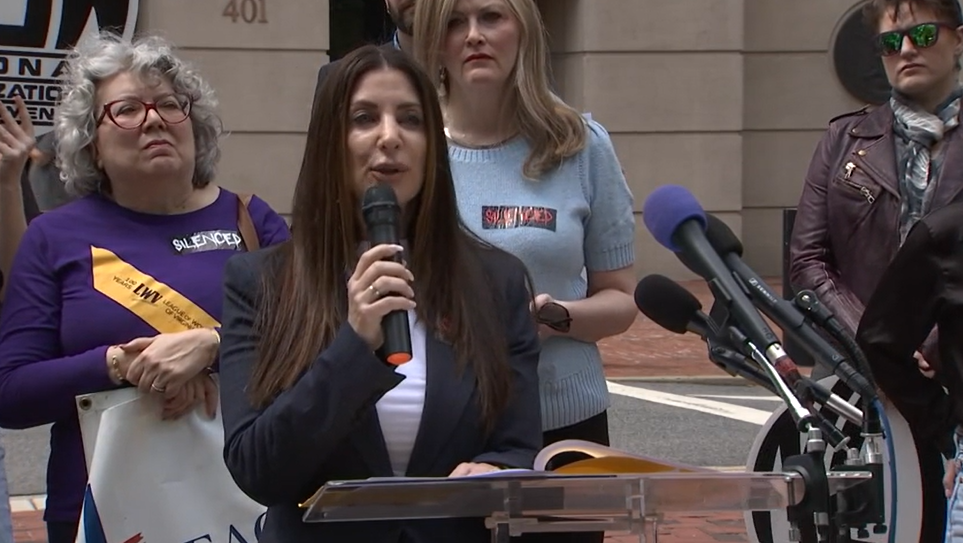The Gateway to Loudoun County and Dulles South blog writes about Loudoun County Public Schools teachers and administrators “actually ‘friending’ students, past and present, on Facebook."
"Maybe it’s a helpful channel for extracurricular guidance counseling; maybe it’s a desperate attempt to monitor the out-of-control behavior of unruly kids; or maybe perhaps it’s simply a lame attempt to be considered among the ‘in’ crowd… who knows,” blogger Ted McLaughlan wrote.
McLaughlan is concerned about breaking down lines of “authority and respect -- are my kids to believe now they can treat their teachers like their friends?” He also raises issues of family and student privacy, and sees no indications that the school system is monitoring such interactions. He says school personnel and students probably shouldn’t connect via social media at all.
It’s one of the many new questions confronting educators in a new media age. With the rise of the Internet, and then omnipresent cell phones, texting, Facebook, and Twitter, etiquette and standards of friendship have become more porous and, in some cases, eradicated altogether. We’ve all seen the stories of the employee who insulted her boss on Facebook, forgetting she had friended him, and the angry dads shouting down young men who say less-than-polite things on their daughter’s pages.
We’re all still getting used to this whole new form of human relationship, in which people from our distant pasts can return on a daily basis, and in which we can come to care strongly for people we’ve never even met in person. (I have several very good friends who I’ve only communicated with online, and through my Facebook page.)
These are hard issues to negotiate even when the parties meet on an equal plane. What about when there are questions of authority to consider?
I know a number of teachers -- on Facebook, of course, but also in “real life” -- and none would accept a friend request from a current student except under unusual circumstances. It’s hard to see why they would, or why the students would want them to -- it would simply inhibit both of them. As for past students, that’s a different matter, though even then, most would wait until the student had graduated.
Local
Washington, D.C., Maryland and Virginia local news, events and information
It’s hard for schools to find the right line for discipline and for intervening in students’ personal lives. Some schools have punished students for fights off school property, on their own time. This seems hard to defend. But what about harassment and bullying of fellow students that takes place online?
McLaughlan suggests that an outright ban on teacher-student social network friending would be hard to enforce, and he’s right. But individual teachers owe it to their students and to their profession to think hard about crossing these lines.
Follow P.J. Orvetti on Twitter at @PJOinDC



